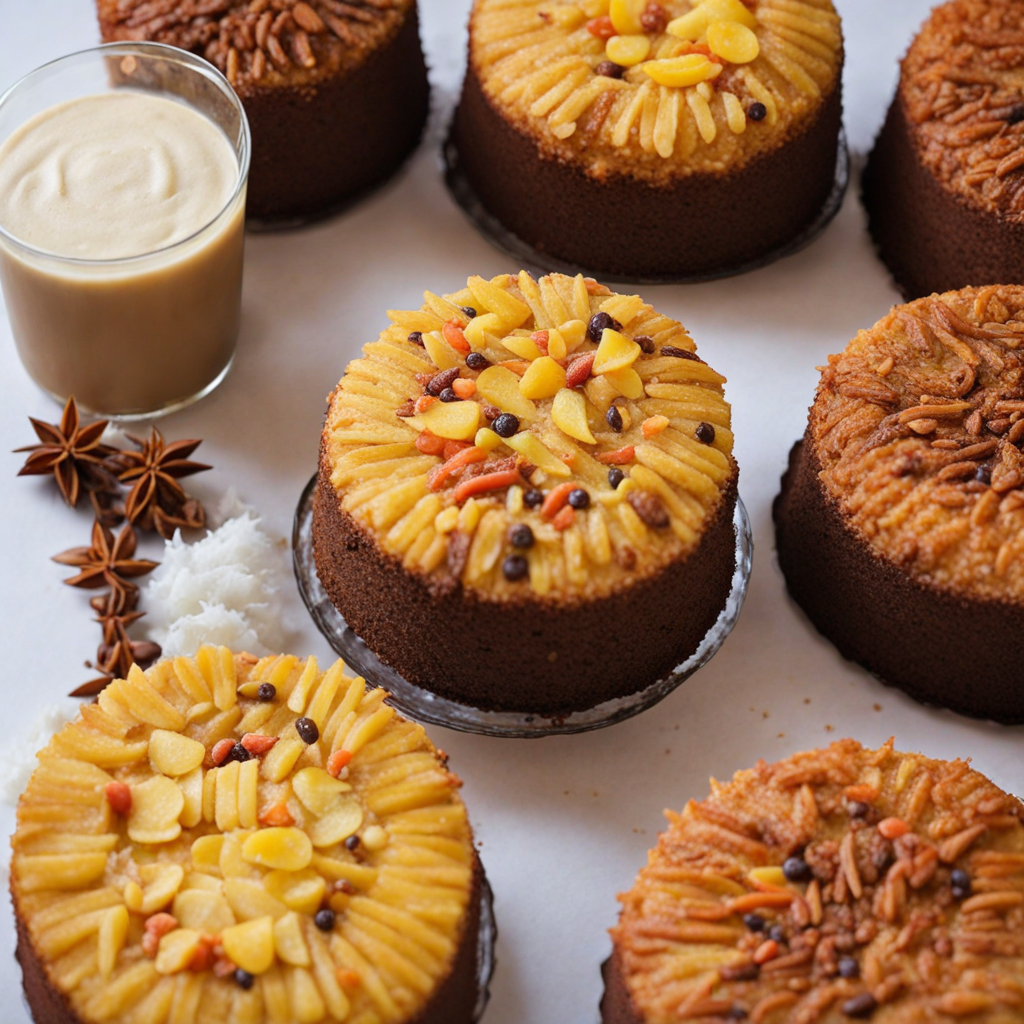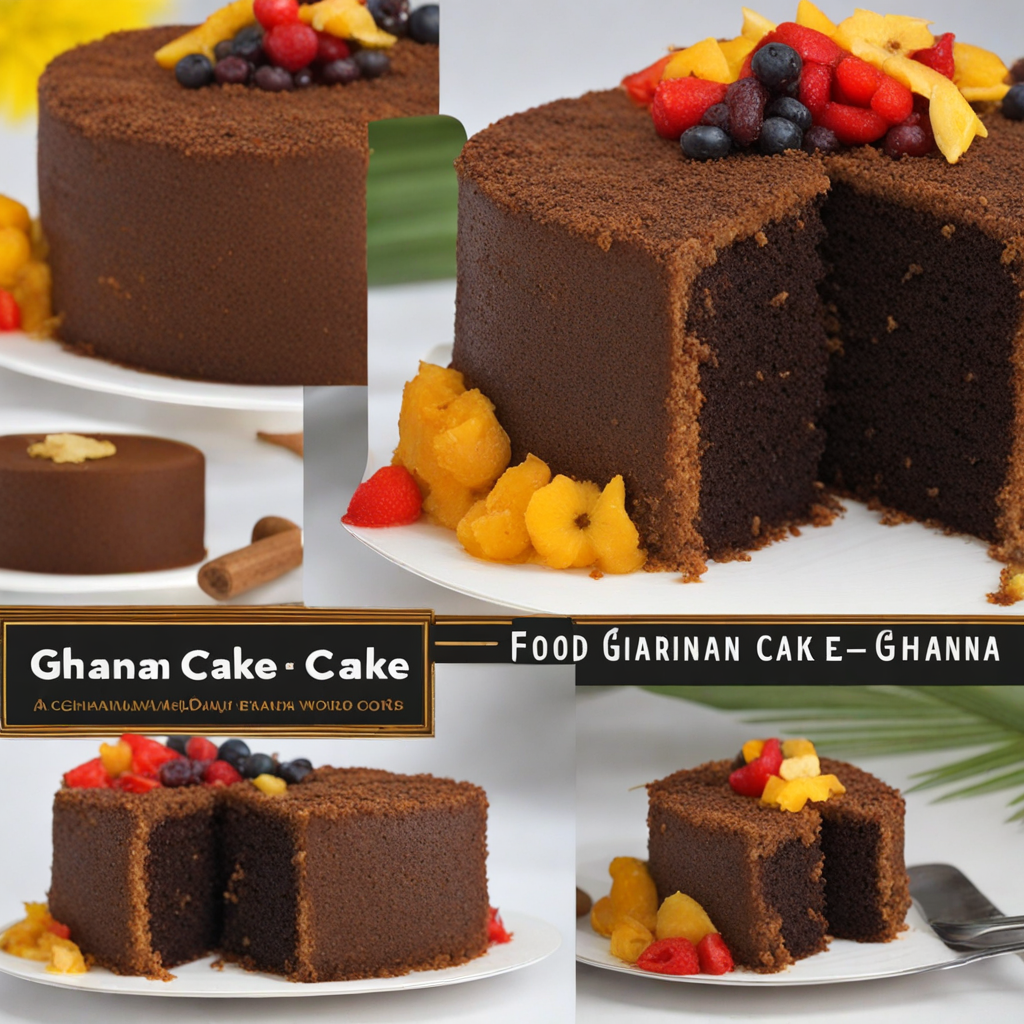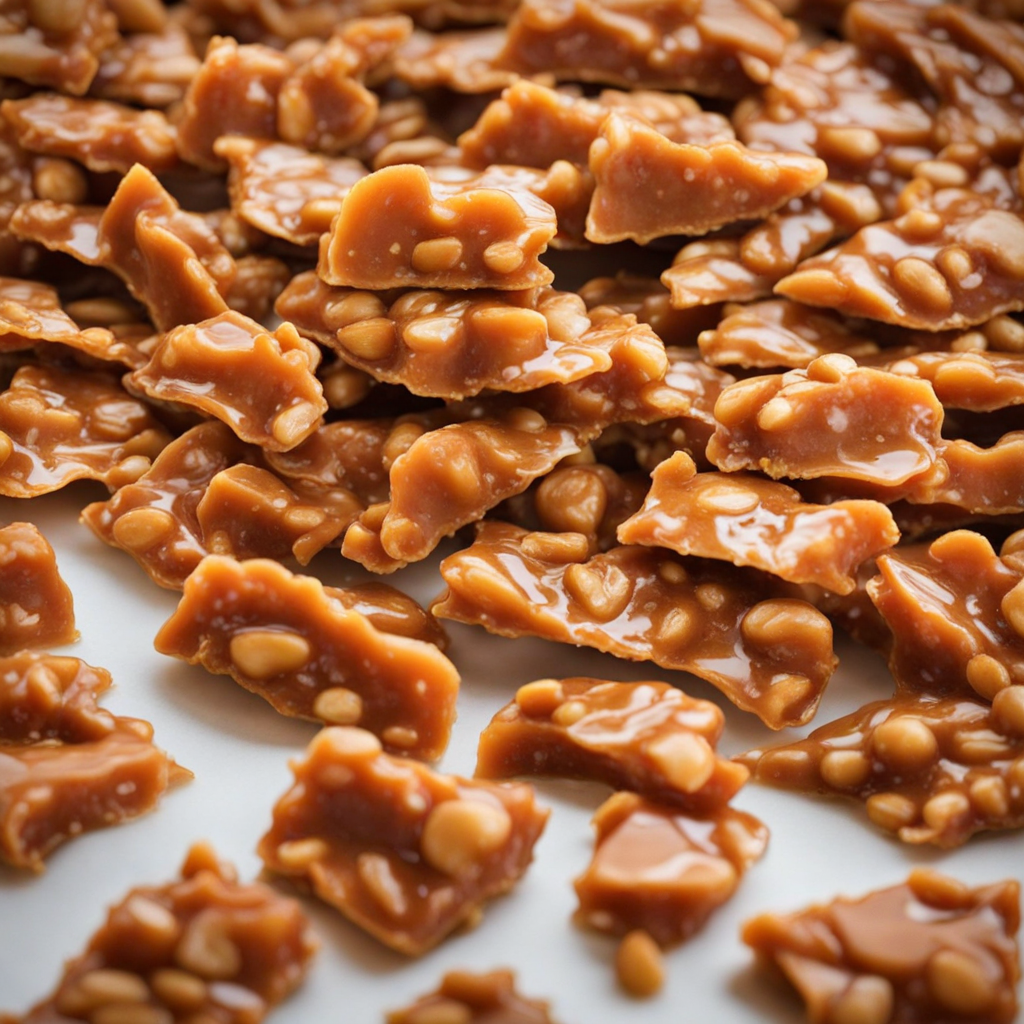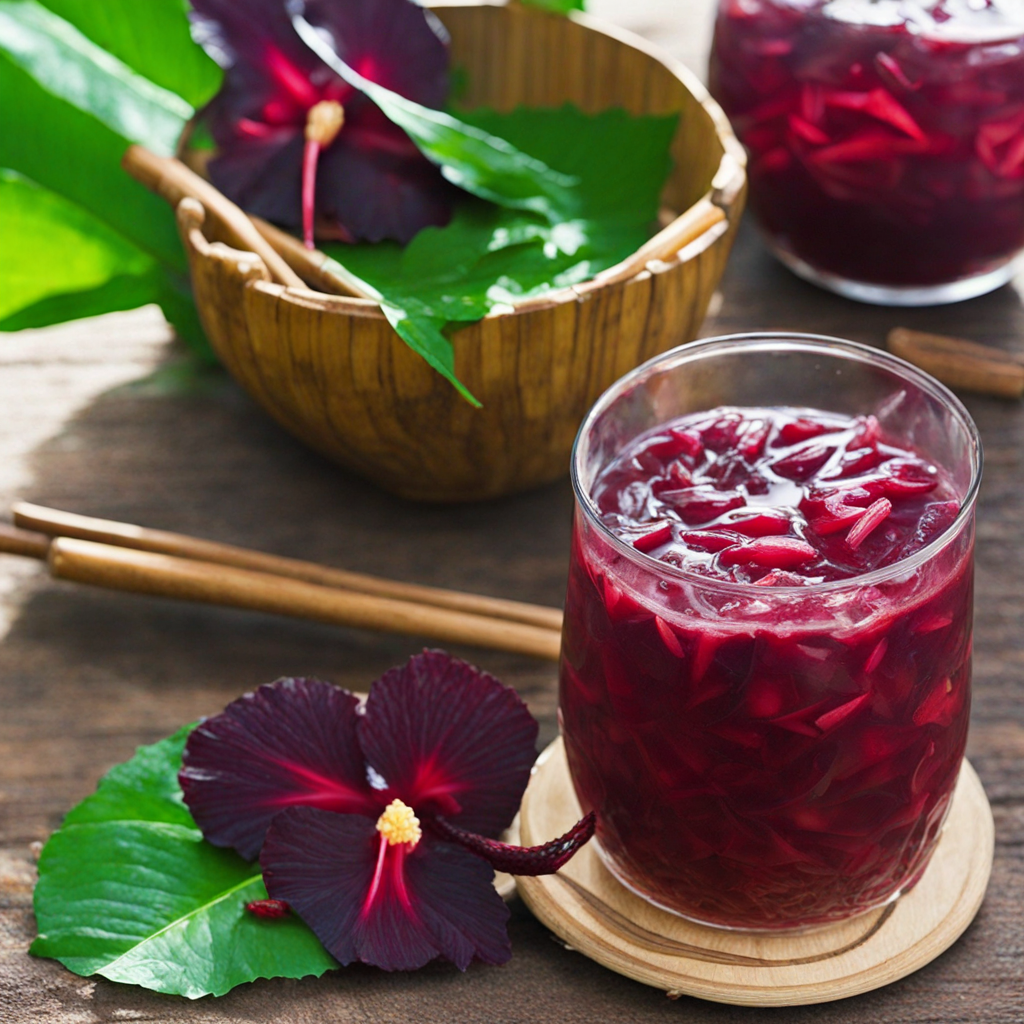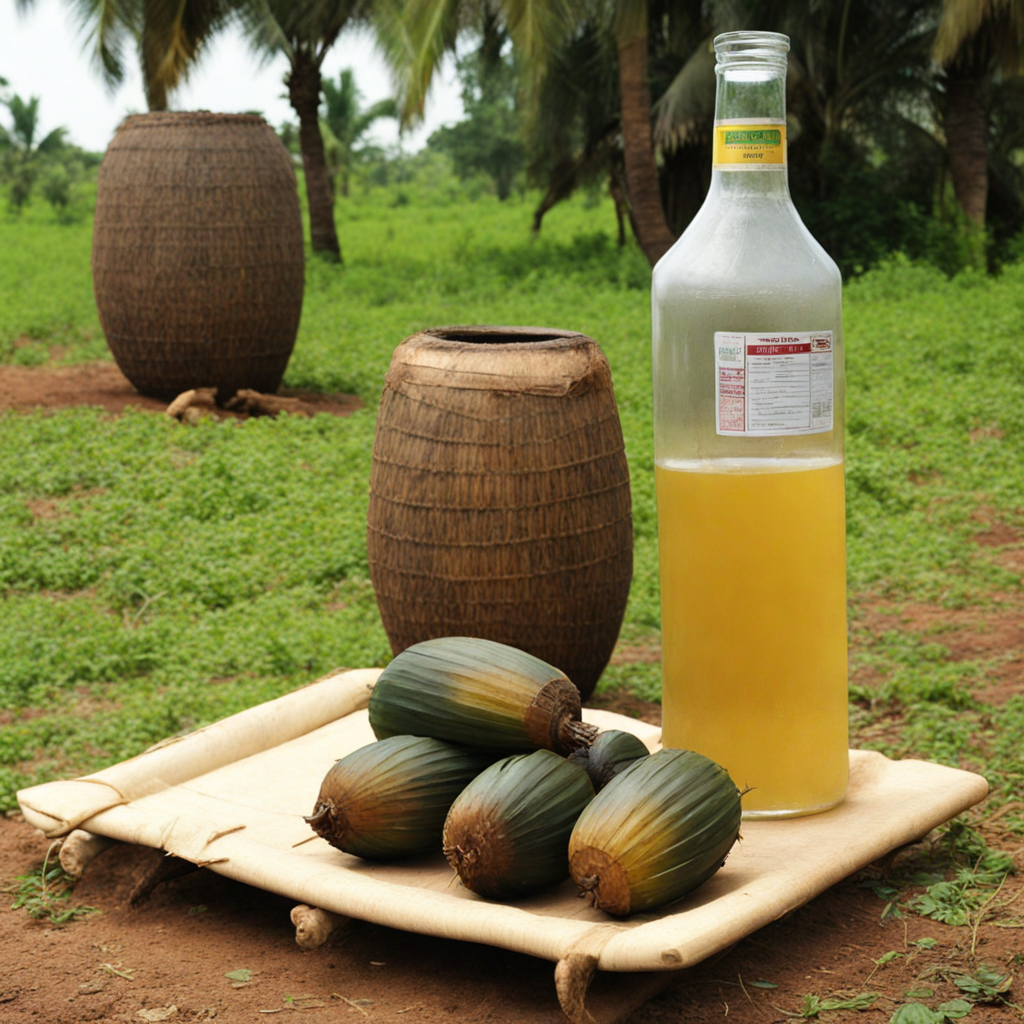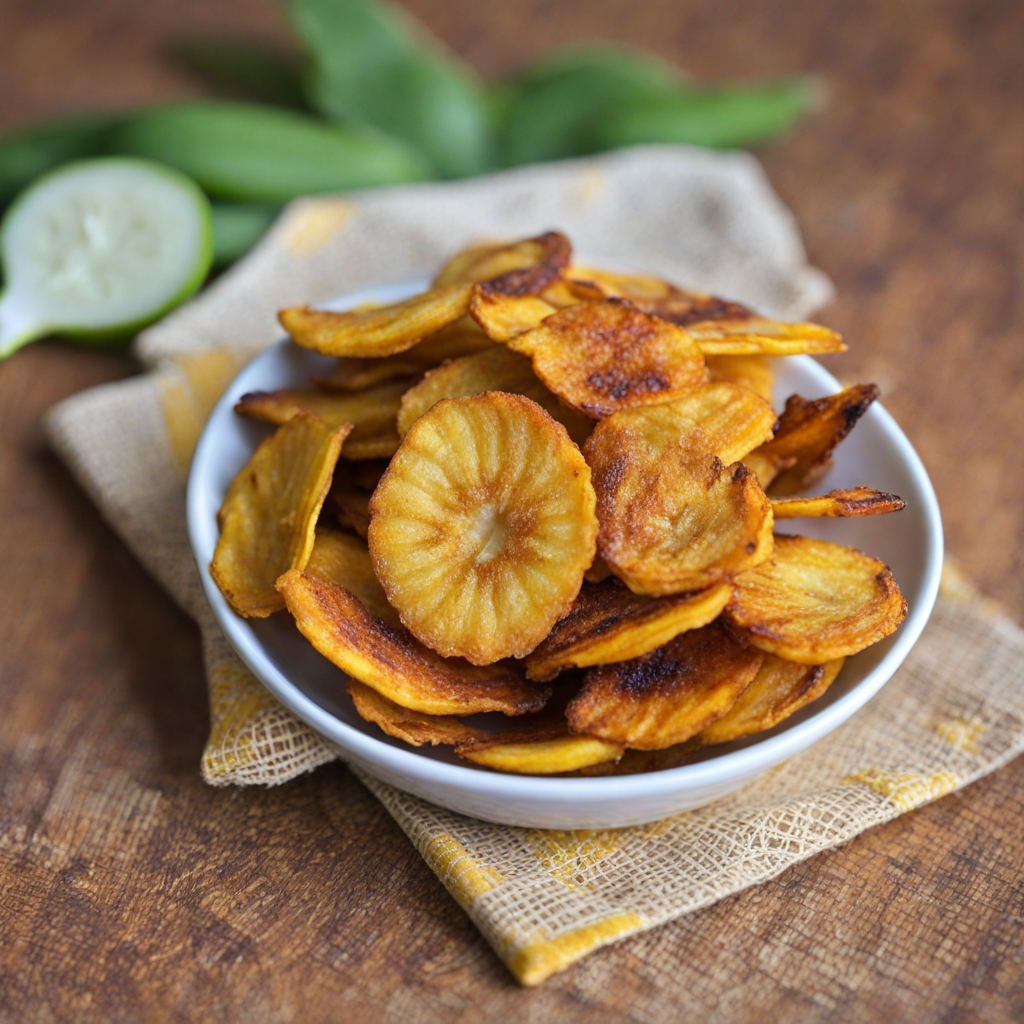Ghanaian Cake
Ghanaian Cake, often referred to as 'Ghana Cake' or 'Chinchinga,' is a delightful confectionary that embodies the vibrant flavors and cultural richness of Ghana. This cake is typically made with a base of rich, buttery sponge, which is light yet moist, creating the perfect foundation for a variety of flavors. The cake is often infused with local ingredients such as nutmeg, vanilla, and sometimes even a hint of cocoa, giving it a unique twist that sets it apart from other cakes. The use of fresh eggs and locally sourced butter contributes to its delectable texture and taste, creating a cake that's indulgent yet comforting. What makes Ghanaian Cake particularly special is its variety of toppings and fillings. Many bakers incorporate fruits such as bananas, pineapples, or mangoes, adding a refreshing sweetness that complements the cake's rich flavor. Traditional Ghanaian Cake is often adorned with a glossy layer of icing, which can be made from sugar, butter, and sometimes flavored with local fruit juices or spices. The combination of flavors creates a symphony on the palate, marrying the sweetness of the cake with the tanginess of the toppings. Ghanaian Cake is not just a dessert; it holds a significant place in celebrations and social gatherings throughout the country. It is a staple at birthdays, weddings, and festivals, often served alongside other traditional dishes. The cake is typically enjoyed with a cup of Ghanaian cocoa or a refreshing local beverage, making it an integral part of the dining experience. With its rich flavors and cultural significance, Ghanaian Cake invites food lovers to explore the heart of Ghanaian cuisine while indulging in a sweet treat that tells a story of tradition and community.
How It Became This Dish
The History of Ghanaian Cake: A Sweet Slice of Culture #### Origins: A Fusion of Influences Ghanaian cake, locally known as "Ghanaian butter cake" or "chocolate cake," has its roots deeply embedded in the country's colonial past. As with many culinary traditions across the globe, the history of Ghanaian cake is a tapestry woven from various influences—indigenous practices, colonial encounters, and modern adaptations. The origins of cake can be traced back to ancient civilizations, where early versions of cake were made from simple mixtures of grain and honey. However, the contemporary concept of cake as a sweet, baked dessert emerged in Europe during the Middle Ages. With the introduction of refined sugar, eggs, and milk, cakes evolved into the elaborate confections we recognize today. During the colonial period in the late 19th and early 20th centuries, the British influence began to permeate Ghanaian culinary practices. The introduction of baking as a cultural practice was part of this exchange. British settlers brought with them their traditions, including the recipe for sponge cakes and fruitcakes, which were often enjoyed during special occasions and holidays. These recipes underwent adaptations, with the inclusion of local ingredients such as nutmeg, cocoa, and various fruits, thereby giving rise to a distinctly Ghanaian version. #### Cultural Significance: Celebrations and Gatherings In Ghana, cake holds a significant cultural value, often serving as a centerpiece for various celebrations. From birthdays to weddings and religious ceremonies, cakes symbolize joy, prosperity, and community. The act of baking and sharing cake is not merely a culinary experience; it is a communal event that fosters social bonds and cultural identity. One of the most notable occasions for cake in Ghana is during birthday celebrations. It is customary for the celebrant to cut a cake, often decorated with colorful icing and adorned with candles. This practice is not only about indulging in a sweet treat but also a rite of passage that marks the growth and achievements of an individual. The communal sharing of cake during these events signifies togetherness and the importance of family and friends in one's life. Weddings are another significant occasion where cake plays a central role. The traditional Ghanaian wedding cake, typically a multi-tiered butter cake, is an essential part of the festivities. It represents the couple’s unity and is often decorated in elaborate designs that reflect the couple's personalities and cultural heritage. Cutting the cake is a symbolic act, signifying the couple's first act of sharing as partners in marriage. In addition to these celebrations, cakes are also integral to religious festivals. For instance, during Christmas, it is common for families to prepare special cakes—often chocolate or fruit cakes—to share with loved ones. These cakes are typically rich and festive, embodying the spirit of giving and togetherness that characterizes the holiday season. #### Development Over Time: From Traditional to Contemporary As Ghanaian society has evolved, so too has the cake—both in its recipes and its role in daily life. The late 20th century saw a marked increase in urbanization and globalization, which influenced Ghanaian culinary practices, including baking. With the advent of modern kitchen appliances and a growing interest in international cuisines, the traditional Ghanaian cake began to integrate more diverse flavors and techniques. Ghanaian bakers began to experiment with various ingredients, leading to the emergence of unique flavors such as coconut, banana, and even spicy variations that incorporate local spices. The use of cocoa, a significant cash crop in Ghana, became a hallmark of many cakes, with bakers creating rich chocolate cakes that are now beloved by many. The rise of social media has also played a crucial role in the evolution of cake culture in Ghana. Platforms like Instagram and Facebook have provided bakers with a platform to showcase their creations, leading to a flourishing baking community. Home bakers and professional pastry chefs alike have embraced new decorating techniques, including fondant and intricate piping, elevating the aesthetic appeal of Ghanaian cakes to new heights. Moreover, the increasing awareness of dietary preferences and restrictions has prompted bakers to adapt traditional recipes to accommodate vegan, gluten-free, and other dietary needs. This shift reflects a broader trend in the culinary world, where inclusivity and health consciousness are prioritized. #### The Modern Ghanaian Cake: A Reflection of Identity Today, Ghanaian cake stands as a symbol of cultural identity and continuity. It is a reflection of the country's rich history, blending indigenous practices with colonial influences while embracing modern trends. The cake serves not only as a dessert but as a medium through which Ghanaians express their creativity, celebrate milestones, and foster community connections. Contemporary bakers have taken it upon themselves to preserve traditional recipes while also innovating and experimenting. This dual approach ensures that while the essence of Ghanaian cake remains intact, it continues to evolve to meet the tastes and preferences of a new generation. In urban centers like Accra, cake shops and boutiques have emerged, offering a wide range of cake options—from traditional butter cakes to modern, intricately designed creations. These establishments not only cater to the local population but also attract tourists who wish to experience Ghanaian culinary delights. Furthermore, cake competitions and baking shows have gained popularity, showcasing the talents of aspiring bakers and elevating the status of cake-making as a professional art form. These events foster a sense of community while also encouraging innovation and creativity in baking. #### Conclusion: A Sweet Legacy The history of Ghanaian cake is a delightful journey through time, reflecting the country’s rich cultural heritage and the interplay of tradition and modernity. From its colonial origins to its current status as a beloved dessert for celebrations, the Ghanaian cake encapsulates the spirit of togetherness, creativity, and identity. As it continues to develop, the Ghanaian cake remains a sweet symbol of resilience and adaptation, reminding us that food is not just sustenance; it is a celebration of life, culture, and community. Whether enjoyed at a wedding, a birthday party, or a simple family gathering, Ghanaian cake is more than a dessert—it is a cherished part of Ghana’s cultural tapestry.
You may like
Discover local flavors from Ghana


